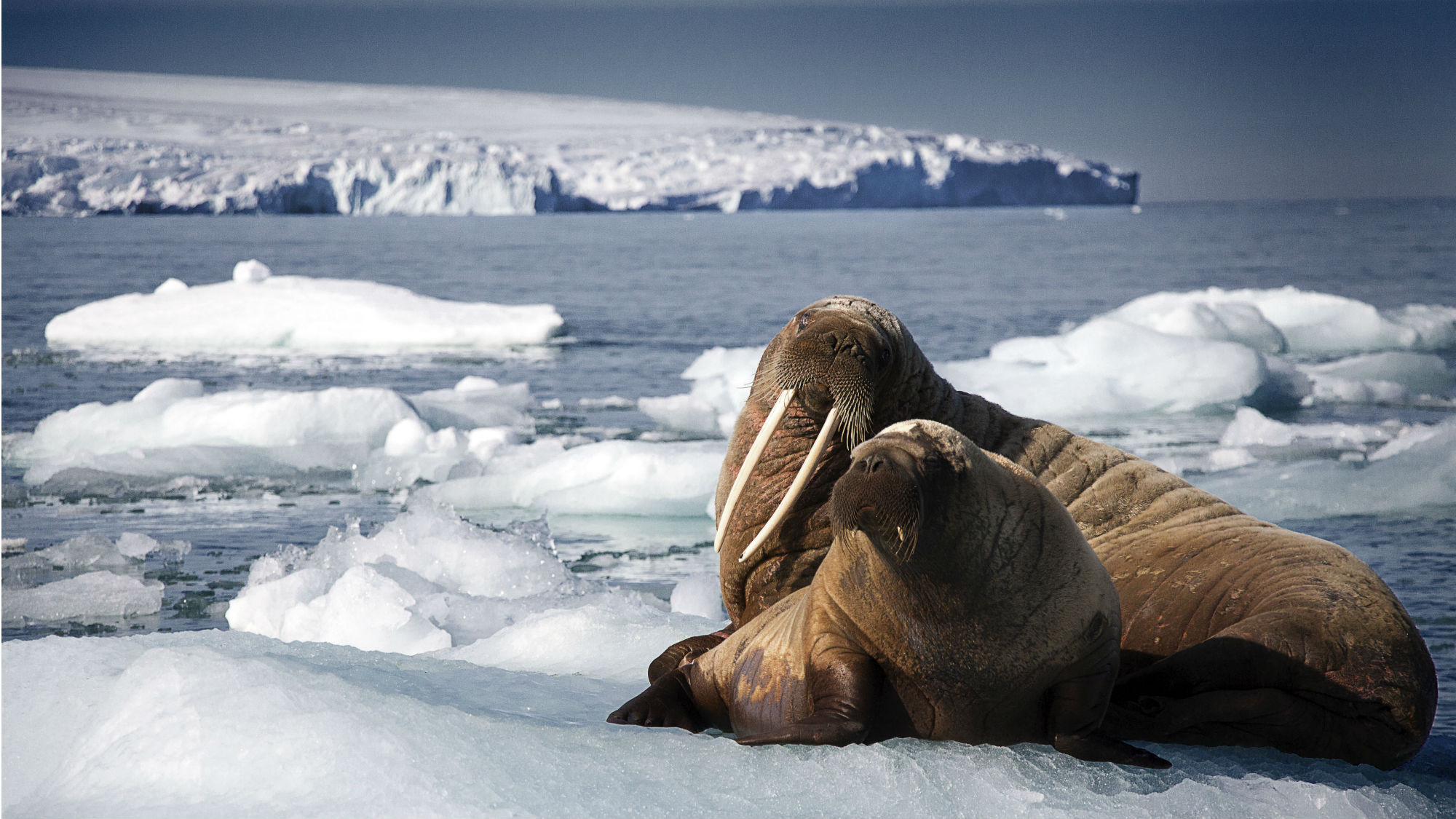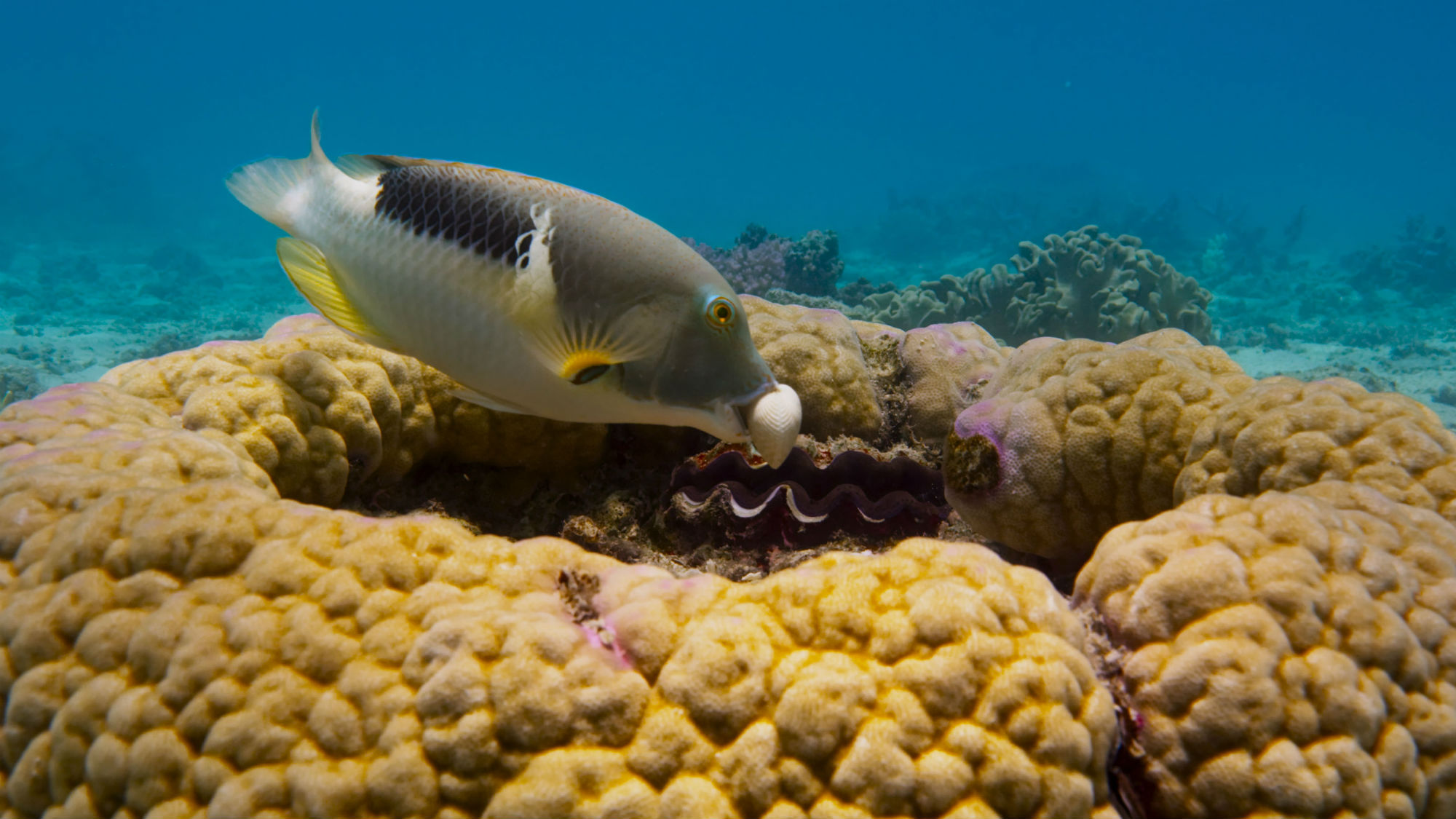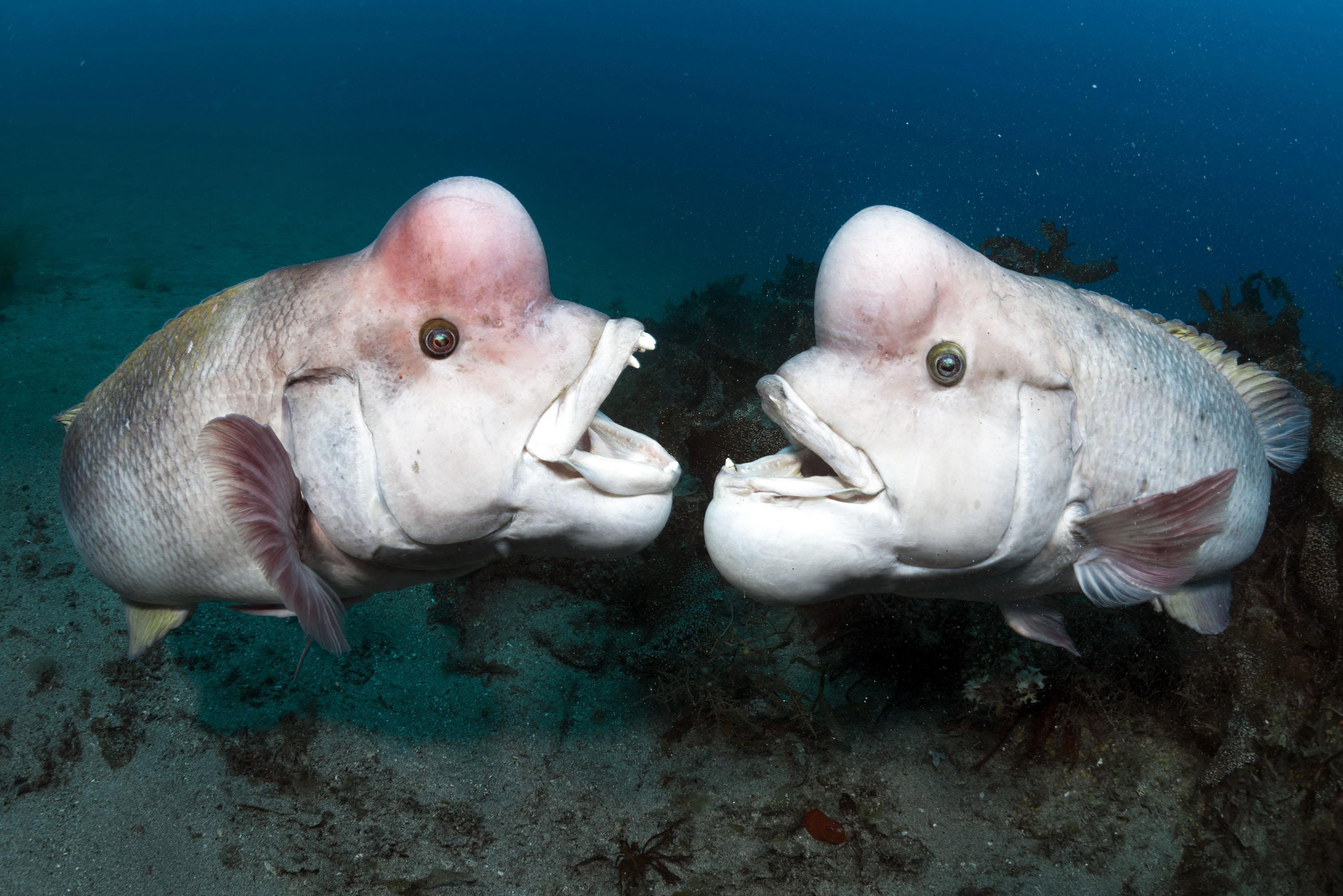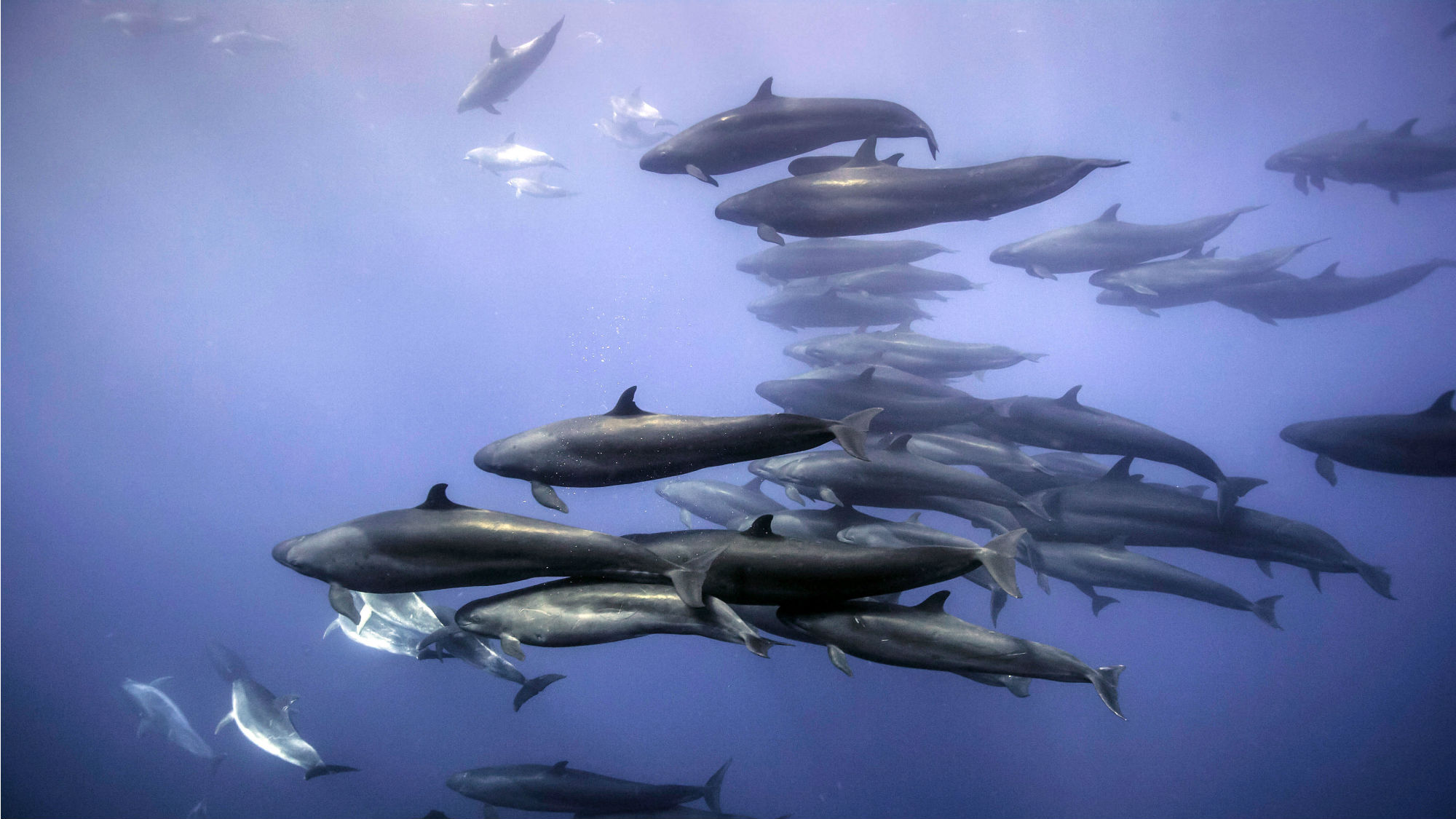Trans fish, surfing dolphins and walruses that made us weep - Blue Planet II is amazing
Attenborough has spent six decades sharing the natural world with us, but as sea temperatures rise, ice caps melt and plastic chokes the oceans, his work also comes with an urgent message


Celebrity news, beauty, fashion advice, and fascinating features, delivered straight to your inbox!
You are now subscribed
Your newsletter sign-up was successful
Attenborough has spent six decades sharing the natural world with us, but as sea temperatures rise, ice caps melt and plastic chokes the oceans, his work also comes with an urgent message
David Attenborough was asked in an interview earlier this year why millions of people love him. Attenborough - in typical Attenboroughish style - insisted he'd simply been around so long he'd worn us all down.
'If you are a child of three or four, and you see this funny little figure on the television set and, what's more, it remains there, not exactly but more or less the same, for all those years, it occupies a different space in your mind', he said, 'Not only that, but it's associated with all the lovely things that you can think of – all the wonders of the natural world.'
Six decades of this 'funny little figure' continued on Sunday night, as the undisputed champion of wildlife television - now 91 - returned with a sequel to his 2001 series Blue Planet.
Episode one of Blue Planet II was a whistle-stop tour of the world's oceans. We opened with footage of dolphins surfing off the coast of South Africa, apparently just because they're dolphins and they can, before dipping under to watch them teach their calf a lesson in natural medicine by rubbing the fronds of gorgonian sea fans.

We also met a Tusk fish that bashed clams against a special rock in his underwater 'kitchen' to extract the meat, and a shoal of giant Ray Winstone fish that reversed the food chain by hunting birds as they rested on water's surface, dragging them under in one wide gulp. When a fledgling tern flew down to bob near one of these fish, its bird parent let out a horror-struck screech ('GET OUT OF THE WATER, THOMAS!')
Off the coast of Japan, Attenborough introduced us to a species that busted any notion that sex changes aren't natural. After reaching its 10th birthday, the Kobudai fish - with a face only a mother could love - is able to transform from female to male, before fighting and casting out the existing dominant male.
Celebrity news, beauty, fashion advice, and fascinating features, delivered straight to your inbox!

The pace of the programme never let up, darting from the Indian Ocean to Mexico to visit some bellyflopping stingrays, then up to the Norwegian Fjords.
One of the most extraordinary moments of the episode was watching a group of false killer whales in pursuit of a dolphin pod off the coast of New Zealand. What appeared to be a classic hunt sequence transformed into a strange sort of reunion, as the dolphins turned and clicked at the whales.
Why this happens is still a mystery, Attenborough explained, but could suggest the two species are able to communicate with and recognise each other.

But there were sadder moments too. Attenborough has spent six decades sharing the natural world with us, but now as sea temperatures rise, ice caps melt and plastic chokes the oceans, his work also comes with an urgent message.
In the final segment of the episode we met animals living on the front line of global warming, as walruses battled for space on the rapidly melting blocks of ice they rely on to keep distance from predators. A mother clutched her pup in the water, swivelling around in a desperate search for somewhere safe to go.
The pup and its mother are so closely bonded they'll stay in touch for the rest of their lives, Attenborough told us, 'but who knows now what their future will be.'
